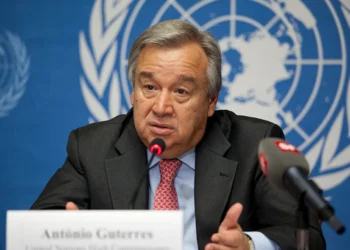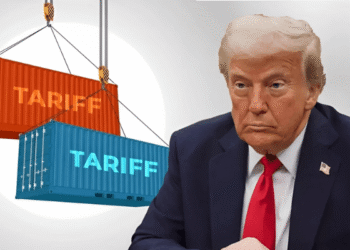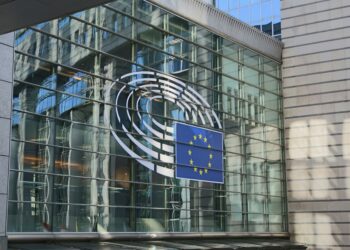As Nigeria starts its newest efforts to improve its economy, I can’t help but wonder if this is a real effort to make things better or just another empty promise. The country’s past of failed hopes and unreached potential has made its people feel disappointed, and I’m not different.
The numbers are shocking – 109 million people living in poverty, and Nigeria ranks 161 out of 193 countries on the Human Development Index. It’s a tough reality to accept. However, despite these difficulties, Nigerians stay strong, fueled by a spirit that won’t give up.

But let’s be honest – these changes need to work. The plans to have one exchange rate, stop giving money for gasoline, and give cash to people are brave steps, but will they really help the economy grow? Or will they make the bad situation even worse? The proposed Economic Stabilisation Bills (ESB) want to combine taxes, lower business costs, and keep prices stable, but what’s to stop the rich people from taking advantage?
The tax changes, especially, are causing concern. Will raising the Value-Added Tax (VAT) from 7.5% to 10% make it even harder for businesses and consumers who are already struggling? Or will lowering the corporate tax rate from 30% to 20% really bring in more foreign money?
Can Nigeria’s leaders make sure that the new, simpler tax rules won’t let people avoid paying taxes?
Also, the timing for these changes couldn’t be worse. Prices are going up fast, and the money given to people, though meant to help, might not even be enough for them to get by, let alone help the economy grow.
The World Bank giving $2.25 billion is a sign of trust, but it’s not the only solution. Nigeria’s issues are more complex than just needing more money.
Nigerians deserve better. They need leaders who care more about their well-being than their own interests. They need economic plans that help everyone, not just the rich. So, I ask, will these changes really bring the better life Nigerians have been hoping for?

















